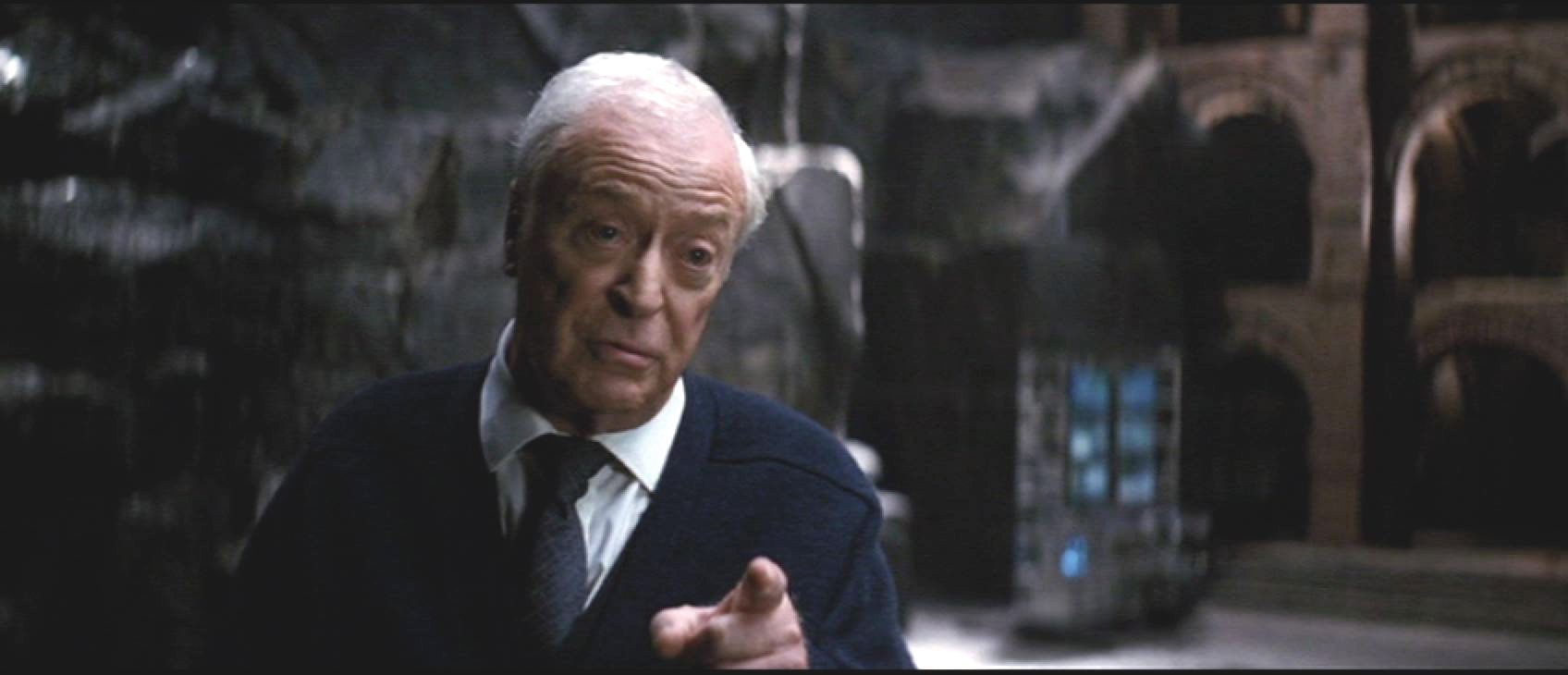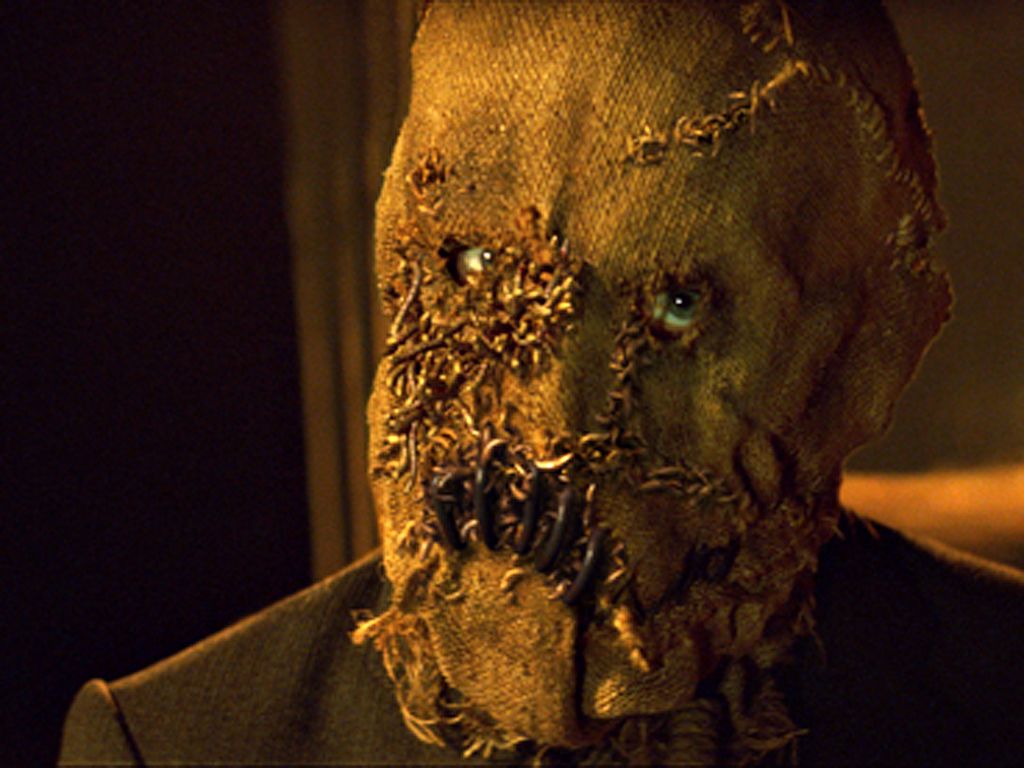Great Fate Game of 2014 -- No, Wait -- GREATEST THING EVER: ATOMIC ROBO
I honestly don't know how I missed it. I pretty much love everything Fate, but Atomic Robo really hit the sweet spot for me. It's not only a great new Fate variant that serves its source material (which I also unabashedly love) well, it's got a lot of cracking good, useful material for those of us who've been lurking around the Evil Hatverse for a while. It's the best looking book Evil Hat has done so far, and that's really saying something after the Dresden Files books and the crisp, clean look of the Fate Core material. It does a better job of explaining Fate than anything else I've ever seen, using bits of AR comic as though they were a game in progress. It would also be at the top of my list as a replacement for my beloved (but dated) SPIRIT OF THE CENTURY -- this version of Fate is just about perfect for pulpy adventure. Honourable mention to JADEPUNK, which was maybe the biggest surprise of the year in the Fate world -- a tasty new FAE variant that perfectly models the kind of world you played through in Bioware's classic CRPG Jade Empire.
'Second Verse, Definitely Not The Same As The First' Campaign of the Year: 'ROUND MIDNIGHT
The follow up to Megan's game where Jazz era Chicago collided with the world of the faeries wrapped up after a nine-ish episode run. I'm not sure she was 100% happy with it, but for those of us on the playing side it was a satisfying affair. I got to take my magic trumpet man Silk in an entirely new direction, with a real substantial change as the game went on, and played some very exciting scenes against Amanda's changeling character Joy.
Dave Palpatine Award for Outstanding Achievement in Villainy: BILLY SATURDAY
Oily Southern charm that can pivot into vile racism at the drop of a hat. That's the villain of SOUTHERN ROCK OPERA in a nutshell, a nice little old man who just wants to help people realize their dreams. And imprison their souls. And isn't adverse to maybe arranging a few deaths to hurt those who don't follow his orders.
You Can't Always Get What You Want Award: LOST PINES
I still haven't written a full-length treatment of the game yet, but we playtested my long-gestating homage to Twin Peaks this year. Mostly the feedback was good, which didn't surprise me because it was aimed squarely at our group play style. Interestingly, there were always at least a couple of players who didn't like the idea that it's designed to be played up to a cliffhanger which is unresolved. People were quite cranky on that point. But I'm okay with making a few people unhappy with an aesthetic choice -- if you're not making anyone upset with you, you're probably not doing anything new. We'll see if I can make them angry with the new game I'm noodling away on, but I'll tell you more about that in the new year. Until then, I'll leave you with this: it's a Motown cyberpunk game. How's that for a cliffhanger?
How You Like The Taste of that Irony Award: VANGUARD
The only thing I told my online group I didn't want for my online "superhero" game Vanguard was urban fantasy. What did I get? A game full of monsters and ghosts and wizards. Ah well, shows you what the GM knows. We did have fun with it.
Fan-Favourite NPC of the Year: DORIS FROM ONTARIO
There have been a lot of NPCs populating the world of my pulp epic SEVEN STARS OF ATLANTIS, but none have inspired quite so much delight as Doris, a woman travelling from Hong Kong with her father that the PCs encountered while fleeing the sinister Dr. Song. She assured our blue-haired reporter Teddy that he was "very famous in Ontario", and insisted on showing him all of her clippings. This escalated to Su Li attempting to poison the wholesome small town girl, only to accidentally give the entire ship a painful case of diarrhea.
Oh, what the heck -- one more product:
Gaming Thing Most Likely To Suck My Wallet Dry: FATE DICE
Seriously, Evil Hat -- give a brother a break. These things are like beautiful gaming crack. And, like Pokemon, you gotta have 'em all.














